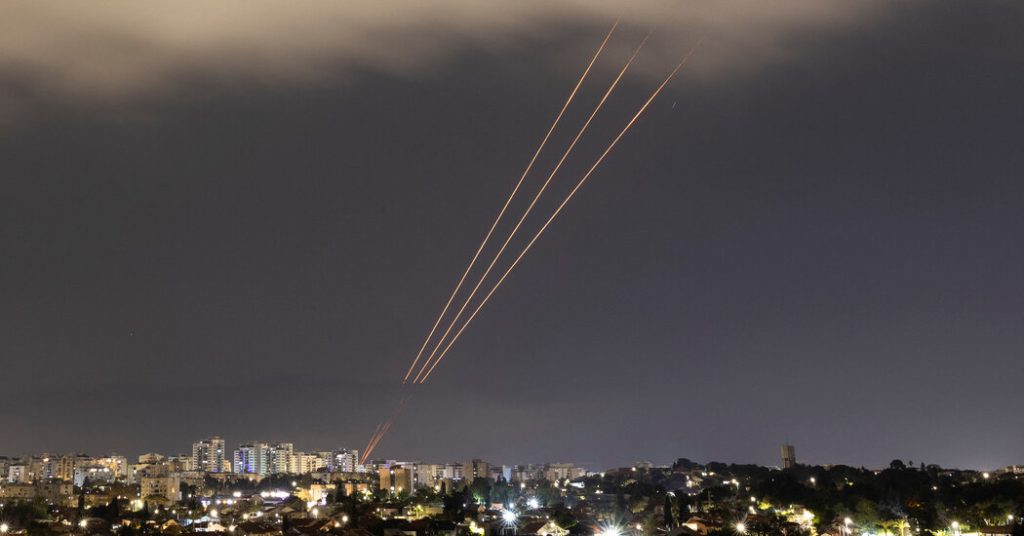Raisi, the leader of Iran, is facing internal unrest and external pressure due to recent events that have caused backlash among the Iranian people. Iranian soccer fans at a stadium in Tehran refused to observe a minute of silence for Revolutionary Guards killed in an Israeli airstrike, instead booing and protesting against the regime. This incident reflects growing public discontent with the government’s focus on destroying Israel while neglecting domestic issues, such as a brutal crackdown on protests and significant human rights abuses. The regime’s actions have led to widespread criticism and opposition within Iran, as demonstrated by the defiance shown by soccer fans.
Iran’s support for Hamas in the ongoing conflict with Israel serves to divert attention from the regime’s crackdown on democracy protesters and its imperialist ambitions in the region. By keeping the focus on Israeli actions and maintaining conflict in Gaza and the West Bank, Iran can avoid scrutiny of its oppressive tactics and influence in countries such as Lebanon, Syria, Iraq, and Yemen. Despite being seen as a threat, Iran maintains the ability to launch rockets through proxies like Hezbollah, posing a danger to Israel and its infrastructure. This support for militant groups and involvement in regional conflicts has made Iran a significant player in the Middle East, but recent events have caused a shift in the balance of power.
The events of Saturday, where Iranian soccer fans openly defied the regime, signal a turning point in the Middle East’s geopolitical landscape. The incident represents a victory for the Inclusion Network, comprised of more open and connected countries such as Jordan, Saudi Arabia, Bahrain, the UAE, Egypt, Israel, and NATO allies. In contrast, the Resistance Network, consisting of closed and autocratic regimes like Iran, Hamas, Hezbollah, the Houthis, and Iran’s militias in Iraq, has suffered a setback. This shift in power dynamics could have far-reaching implications for regional stability and international relations, particularly with regards to Iran’s influence and actions in the region.
While Iran remains a formidable force in the Middle East, recent events have exposed vulnerabilities and weaknesses within the regime. The public outcry and defiance seen at the soccer match highlight growing discontent with the government’s priorities and tactics, as well as its failure to address internal issues. The brutal crackdown on protests and human rights abuses have further eroded public support for the regime, leading to increased opposition and criticism both domestically and internationally. Iran’s reliance on militant groups and proxy forces to project power and influence in the region could come under further scrutiny in light of recent events.
The developments in Iran and the wider Middle East represent a moment of reckoning for the regime and its allies. The growing dissent and opposition within Iran, coupled with shifting power dynamics in the region, suggest that recalibrations may be necessary for the Resistance Network and its supporters. The Inclusion Network, on the other hand, stands to benefit from these changes, as countries align themselves with more open and connected allies in pursuit of regional peace and stability. The repercussions of these events are likely to reverberate across the Middle East and beyond, shaping future relations and alliances in the region. As Iran and its allies navigate this new reality, they must confront the challenges of public discontent, external pressure, and shifting geopolitical dynamics in order to maintain their positions of power and influence.


